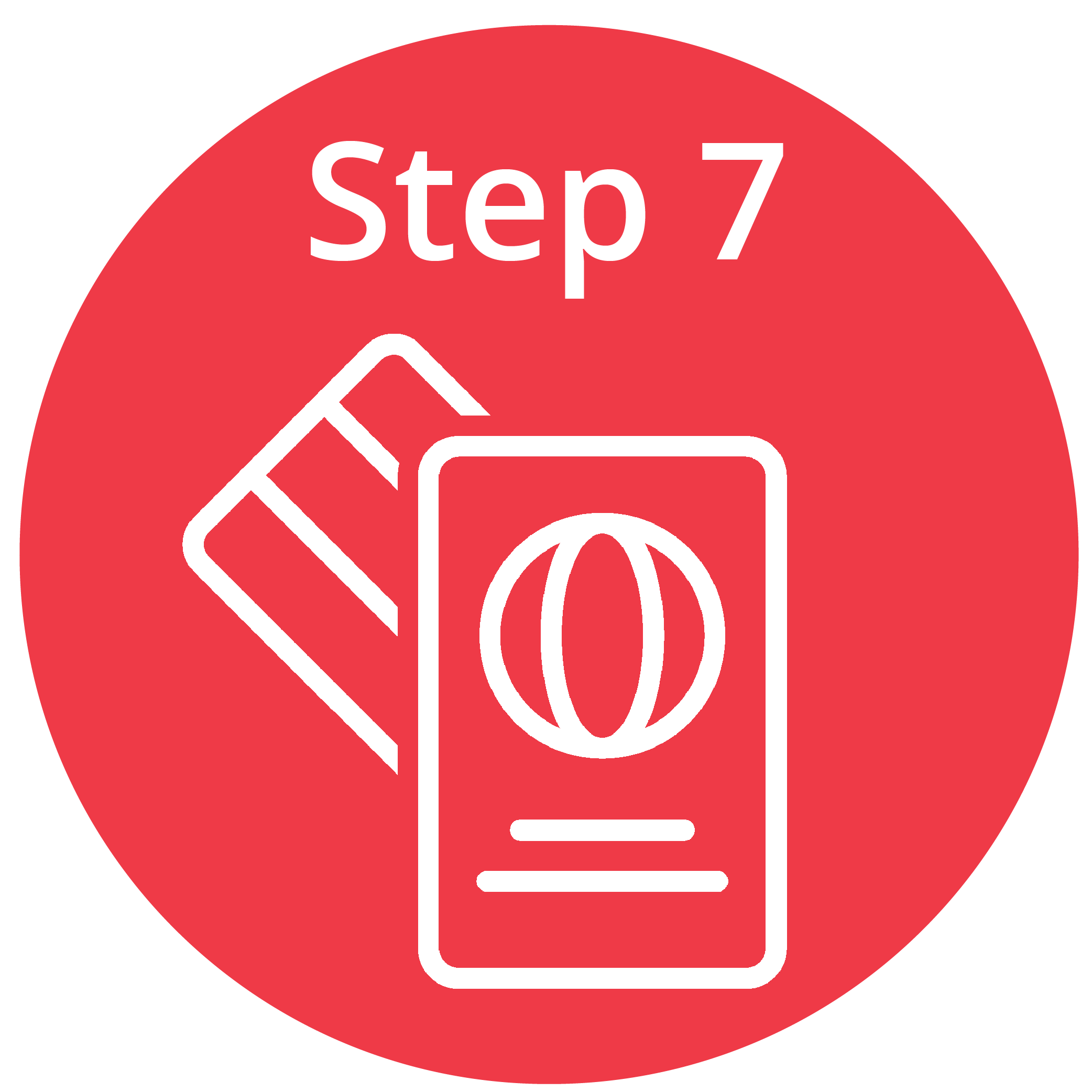Apply for a U.S. Visa
If you are a new student coming to Carnegie Mellon from overseas, you should use the Carnegie Mellon Form I-20 or DS-2019 to apply for an entry visa at a U.S. Embassy or Consulate that is closest to your place of residence. When applying at the Embassy or Consulate (and when at the U.S. Port of Entry), be prepared to present proof of your financial support and to discuss your future intent to return to your home country (i.e., proof of property, family and/or job or job opportunity in your home country) after your program completion.
Comprehensive information on applying for a U.S. visa is available on the U.S. Department of State website. In particular, you may wish to consult the visa wait times or the individual consular websites for post-specific visa application procedures.
Security Clearances & Delays
When applying for a visa at a U.S. Embassy or Consulate overseas, keep in mind that your visa application will be subject to security clearance. Some fields of study and/or research are considered "sensitive" fields, which require additional security checks by U.S. officials.
Some of these checks may delay the visa process, taking four to six weeks to be processed. If you are notified that your visa application will be delayed because of "Administrative Processing" or "Security Clearance," inform OIE by completing our Visa Delay or Denial Form. You will need the following information to complete this form:
- Your name and date of birth as they appear on your passport.
- The date you applied for the visa.
- The U.S. Embassy/Consulate location where you applied.
- The case number (if known).
- A copy of the delay notice as soon as you receive it from the embassy/consulate.
- (Optional) Summary of your conversation with the consulate officer and/or any documentation provided by the consulate.
- (Optional) A list of any information requested from CMU.
- Please note: usually the requested information should be provided by your academic department.
Learn more about Security Clearance
Planning for Travel
It is important to ensure you have a valid U.S. Entry Visa Sticker when planning for travel. Keep the following in mind:
- The U.S. Entry Visa Sticker must have an expiration date in the future and a valid entry/multiple entries.
- Do not purchase airline tickets or make other travel arrangements until you have secured your U.S. visa sticker.
- Students and scholars in F-1 or J-1 status may enter the U.S. no more than 30 days prior to the program start date listed on the Form I-20 or DS-2019.
- When traveling to the U.S., make sure you carry all of your original documents (passport, Form I-20/DS-2019, evidence of admission, and financial resources) with you in your carry-on luggage. Be sure that you do not pack your documents in checked luggage.
- Do not seek to enter the U.S. on a B-1/B-2 visa or under the Visa Waiver program (WT) if you plan to study in the U.S. Immigration regulations prohibit B-1/B-2 visitors from beginning a course of study in the U.S.
Immigration & Visa Issues
In case of a visa denial, ask that the reason be given to you in writing before you leave the U.S. Embassy or Consulate, so that you can address their concerns if and when you return for a second interview. Additionally, in case of a denial, contact OIE for advice and new forms, if necessary, before returning to the U.S. Embassy or Consulate.
Critical immigration procedures are discussed in the arrival and orientation brochure, which accompanies your Certificate of Eligibility document (Form I-20 or DS-2019). We recommend reading the brochure carefully to understand the correct procedures for your particular situation, should you experience any issues.
Citizens of Canada & Bermuda
Citizens of Canada or Bermuda do not require entry visas for study in the U.S., but must present the Form I-20 or DS-2019 and their financial information when entering the U.S., as well as a passport.
Landed immigrants of Canada (those who changed their permanent residence to Canada where they have residency rights) must travel with a passport and obtain a U.S. visa in order to enter the U.S.
